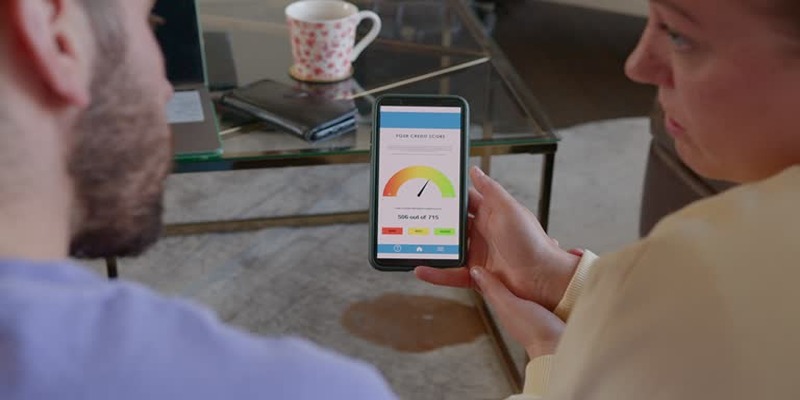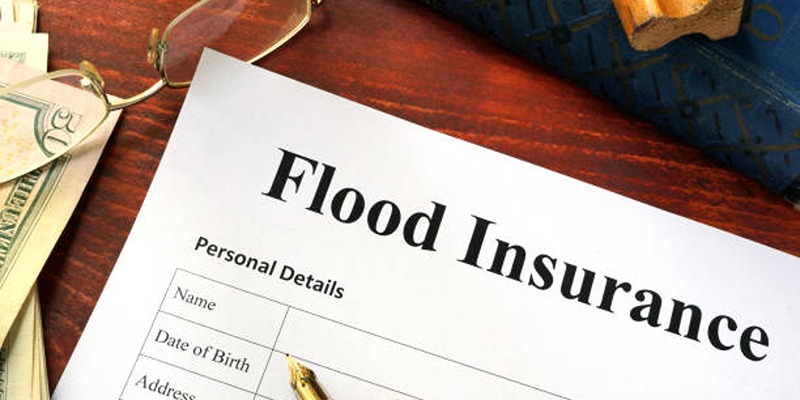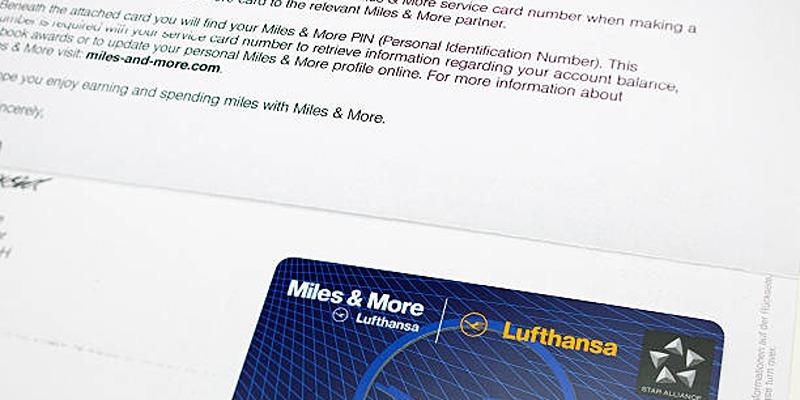How Using the Relaxation Response Can Help You Effectively Reduce Stress
Everybody experiences stress occasionally throughout their lifetime. Continuous stress can damage your health and psyche. Fortunately, one may control it. The relaxation response is one sensible approach. Your body naturally helps you to get back to peace. Unlike stress, this reaction promotes rest and healing, which sets off a fight-or-flight response. Regular practice of this will help you to lower anxiety and heart rate. It's easy and calls for no particular equipment.
Mindfulness, meditation, and deep breathing are effective means of activating it. This guide will discuss the advantages, strategies, and advice for applying the relaxation response. Little practice will enable you to develop a daily habit that improves your mood. Let's explore how the relaxation response functions and how it might assist you in properly controlling stress.

What Is the Relaxation Response?
Your body uses the relaxation response to naturally cool itself down. That is the reverse of the stress reaction. When you are worried, your body gets ready to confront danger by going into the "fight-or-flight" phase. Your heart rate rises, your muscles tighten, and your breathing speeds up. The relaxation reaction, on the other hand, lowers blood pressure, slows heart rate, and releases muscle tension. Your body moves into a condition of great rest that helps you feel more relaxed and tranquil.
Dr. Herbert Benson initially described this procedure in the 1970s after learning that it might reduce stress and enhance general health. Anyone can teach themselves the natural and safe relaxing response. Practicing mindfulness, meditation, or deep breathing will help you to trigger this reaction anytime you are anxious. Those suffering from chronic stress, anxiety, or other health problems brought on by stress would greatly benefit from it.
Benefits of Using the Relaxation Response
Regular practice of the relaxation response has several advantages. These cover both physical and mental enhancements.
- Reduces Stress: It calms your body and mind, therefore lowering tension. It lessens your feeling of being overwhelmed and makes you feel more balanced.
- Improves Focus: Relaxation techniques clear your head. Your mind will be free, helping you focus better and manage projects more efficiently.
- Supports Heart Health: The relaxation reaction can reduce blood pressure, lowering heart health risk. Encouraging relaxation also helps to ease the strain on the hearing.
- Boosts Emotional Well-Being: Relaxation makes you feel more positive and more in charge of your emotions. It can lessen irritation, anxiety, and depression.
- Promotes Better Sleep: A peaceful head leads to better rest. Frequent relaxation helps you feel more rested and refreshed by enhancing the quality of your sleep.
- Improves Respiratory Function: Deep breathing and other relaxing techniques help to boost general breathing and lung capacity. Those with asthma or another respiratory ailment may especially benefit from this.
Techniques to Trigger the Relaxation Response
One can set off the relaxation response in several ways. Every approach is straightforward to apply.
- Deep Breathing: Try your breathing first. Breathe deeply through your nose, then softly out through your mouth. Spend some minutes repeating this.
- Progressive Muscle Relaxation: Start with your toes, tense, and release every muscle group in your body upward.
- Meditation: Quietly concentrate on a relaxing word, phrase, or breath. Let go of distracting ideas.
- Yoga or Tai Chi: Deep breathing and movement are combined in these techniques. They assist in soothing your body as much as your thoughts.
- Visualization: Close your eyes and picture a serene forest or beach scene. See yourself lounging there.
- Mindfulness: Try to pay nonjudgmental attention to the present. Turn your attention to your surroundings, ideas, or emotions. Mindfulness raises emotional awareness and helps lower stress.
- Listening to Music: Listening to peaceful music can set off the relaxation response. Select gentle, comforting songs to help you relax physically and mentally.

Incorporating the Relaxation Response Into Daily Life
Including the relaxation response into your daily schedule will help you be in better shape. Including it daily looks like this:
- Start Your Day Calmly: Deep breathe or meditate before you begin your day. It strikes a nice note.
- Take Breaks at Work: Use short breaks to practice visualization or progressive muscle relaxation. It can boost your focus.
- Wind Down at Night: Use relaxation exercises to prepare for restful sleep. They help release the tension of the day.
- Combine with Exercise: Include tai chi or yoga in your exercise program. It blends leisure with mobility.
- Use Technology Wisely: Apps and guided videos can help you learn and practice relaxation techniques.
- Set Boundaries for Stress-Free Time: Schedule specific day hours for leisure during a lunch break or after work. Set limits to guarantee you spend time unwinding and rejuvenating yourself.
- Engage in Creative Activities: Invest time in anything creative—drawing, writing, gardening, or something else. Creative expression offers a break from tension and can generate a relaxation response.
The Best Times to Use the Relaxation Response
Anytime you feel pressured, nervous, or overwhelmed, you can activate the relaxation response. It is especially beneficial when you feel pressure, tension, or emotional pain. The relaxation response can be triggered, for instance, before a major presentation, during a tense meeting, or in response to difficult feelings like anxiety or displeasure. Before bed, practicing the relaxation response helps calm your thoughts and encourages peaceful sleep, guaranteeing you wake up feeling more rested.
Taking a few minutes to concentrate on relaxation will help you think more clearly and reduce tension in high-pressure situations or during conflict. Regular relaxation response practice over time can help you control stress and increase resilience against daily life demands. These methods will help you become more suited to manage stress, which will eventually result in better mental and physical condition. Your everyday routine should include these approaches.
Conclusion:
The relaxation response is one very effective method for lowering stress and enhancing general well-being. It helps your body and mind to heal from daily demands. Easy to learn, techniques including deep breathing, meditation, and visualization can be included in your program. Regular practice will help you increase focus, health, and sleep quality. Begin with little steps and keep constant in your work. The advantages will show themselves over time, guiding you toward greater balance and control. Regular relaxation will help you be more suited to manage stress and experience a calmer, better, and more fulfilled existence.











